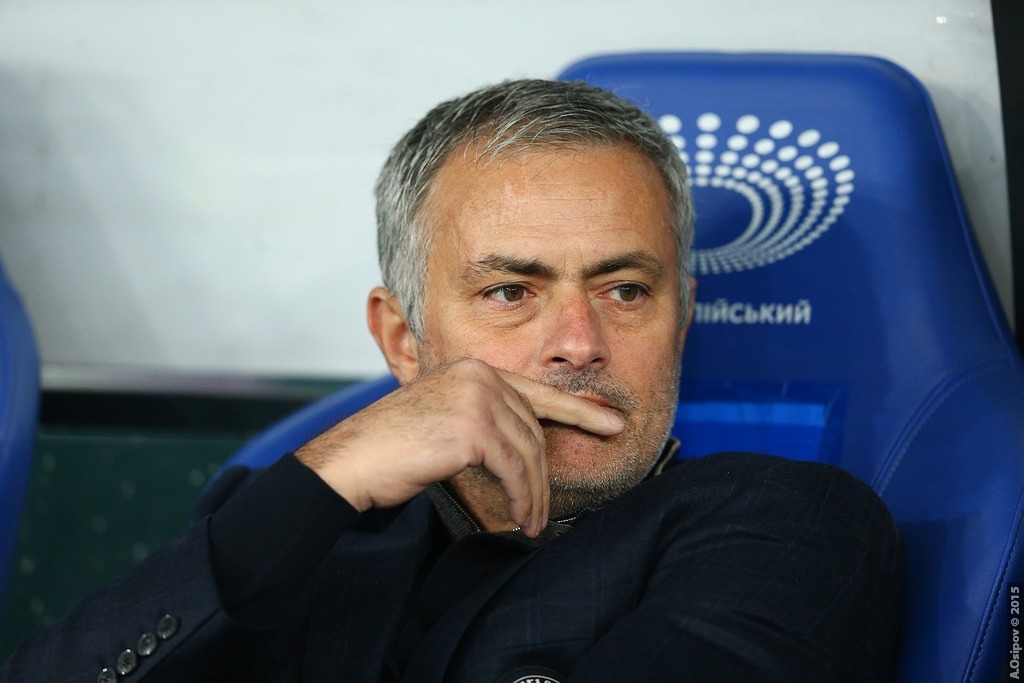Judge Jose Mourinho’s tactics on substance, not style
There is an aura that surrounds the self-proclaimed Special One in the English game. A polarizing figure, José Mário dos Santos Mourinho Félix is a magnet for attention from both his admirers and critics. There is little dispute to be had about his resume, Mourinho’s trophy cabinet speaks for itself, with a record of winning wherever he has managed, including his historic treble with Inter Milan.
However, while his past success may remain immune to challenge, a 1-1 draw at Molineux raised questions again about whether his passive, organisation-oriented response to taking the lead is the right approach to lead Tottenham Hotspur forward.
Recency bias would almost immediately play against Mourinho in this regard. With only draws and losses in the last four matches (in which time Spurs scored only thrice) – fingers can easily be pointed at Mourinho (bar the Liverpool game) for shifting the onus onto opponents and ‘shutting up shop’. Colloquized by the average football fan as ‘negative’, it seems the consensus now is that Mourinho’s style of play is constricting Tottenham’s ability to attack.
But the problem with this growing sentiment can be likened to a chant often heard from fans at stadiums patronising the opposition, in that ‘you only sing when you’re winning’. When Tottenham stifled a red-hot Chelsea side at Stamford Bridge, navigated two excellent victories at home versus Manchester City and Arsenal, Mourinho and his Spurs side were even being touted for a potential title charge. Pundits and fans alike deservingly lavished on plaudits for a revitalised Spurs team that had found a way to maintain defensive solidity while getting the best out of Harry Kane and Heung-Min Son in a devastating counterattack. So, what changed?
Vicente Guaita’s heroics to deny Tottenham proved to be a definite margin
We can look at the ifs and buts of the dropped points for Spurs of recent, a late Romain Saiss equaliser and Roberto Firmino winner, both from corners, along with Vicente Guaita’s heroics to deny Tottenham proved to be definite margins. But the same fine margin argument becomes a double-edged sword when we analyse expected goals [xG] (a form of statistical analysis which determines how many goals a team should on average score based on shot-quality). Looking at Tottenham’s last ten matches, they have been out-xG’ed seven times, only outscoring Brighton, West Brom and Liverpool.
This should not be taken as an attempt to play down Tottenham’s chance creation ability but tells us more about what Mourinho’s ideal game flow is: catch out the opposition on the counter, get a goal, tactically shift to make a comeback more difficult.
So, the answer to whether Mourinho’s ‘negative’ style limits Tottenham links back more to who Mourinho is and what he represents to fans of the club he manages. The ‘Special One’ has come to be known as a results-driven manager who prefers pragmatism over a long-lasting dependable style of football. But this reputation has come at a cost, the cost being the aesthetics of a 90-minute performance. When his 10-man Inter Milan side stifled Barcelona in an exhilarating second leg of the Champions League semi-final back in 2009/10, Mourinho was praised, but only on the basis that it worked.
It is ultimately results that will dictate the effectiveness of Mourinho’s tactics in 2021
Now in N17, with the memory of one of the most exciting managers in the club’s modern history in Mauricio Pochettino still fresh. Mourinho will have to navigate not only the critics that have followed him his whole career, but the expectations of a fanbase that not too long ago was watching a lot of the same players on that pitch at Molineux playing an attacking style of exciting football falling short in the silverware category.
Jose Mourinho has proven he is a winner, but most of us, including myself, have come to expect that his best days may be behind him. After a recent Manchester United cameo, the light that once emitted from his reputation has started to dim in the presence of recent domination of English football by Jurgen Klopp and Pep Guardiola. Opinions will sway both ways around whether Mourinho’s tactics are fit for purpose, and whilst each game will continue to be governed by fine margins, I believe it is ultimately results that will dictate the effectiveness of Mourinho’s tactics in 2021, just as it has done for his entire career.

Comments